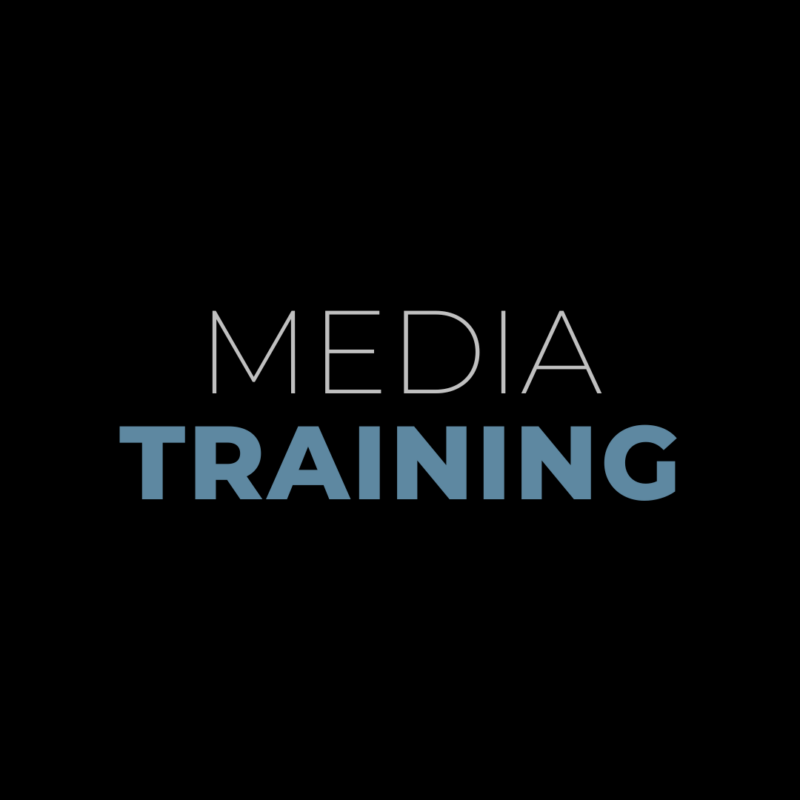The power of building relationships with the media
There’s a saying when it comes to the power journalists play in our society ‒ they don’t tell people what to think, but they do tell people what to think about. This is why building relationships with reporters is important; they are awareness generators. Building authentic connections with journalists will help you boost your credibility and give you allies in the media world. Here are five tips to help you start and maintain relationships with our friends in the press.
Take the time to introduce yourself.
Taking the time to introduce yourself to reporters is a great place to start. This is especially important for media in your market because you’ll interact with them often. While your contact information is in your email signature, it’s always nice to let someone know who you are, where you work and the industries spanning your client roster. While you’re not making any initial asks, they’ll recognize your name and know a little bit more about you the next time you pop into their inbox or give them a call.
Pay attention to their interests.
Before you press send on that introduction email, make sure you’re sending it to the right person. You don’t want to accidentally pitch a food and dining reporter a nonprofit arts story. This isn’t to say the reporter won’t kindly let you know you have the wrong person and point you in the right direction, but it reflects better on you when you take the time to research their interests and beats before reaching out.
Read their most recent stories.
Doing a quick search of a journalist’s most recent stories ‒ or to see if they’ve previously covered your client ‒ can help you customize your future pitches. Everyone wants to feel acknowledged for the great work they do. Taking the time to do your research and customize your pitches based on a reporter’s interests and previous work is a great way to make them feel seen and heard.
Don’t ghost reporters after a story runs.
The relationship between you and a reporter doesn’t end once a story is published. Take the time to read the piece, let them know you liked it and thank them for covering the event or piece of news you pitched them. This would also be a great place to mention you can always connect them with your clients in the future if they ever need an expert source for a story.
Acknowledge the no thank you’s.
Not every pitch you send is going to hit. Just because a reporter isn’t interested in a story one day doesn’t mean they won’t be interested in the future. For starters, rejection emails still mean they opened it and took the time to read what you wrote, which means you’re still building those connections. Second, you can gain important insights from that rejection. What’s the tone? Why are they passing on your story idea? This helps inform your future pitches.
The media is your friend, and every friendship requires a bit of work. Putting the work in effort is worth it for you, your clients and reporters.


